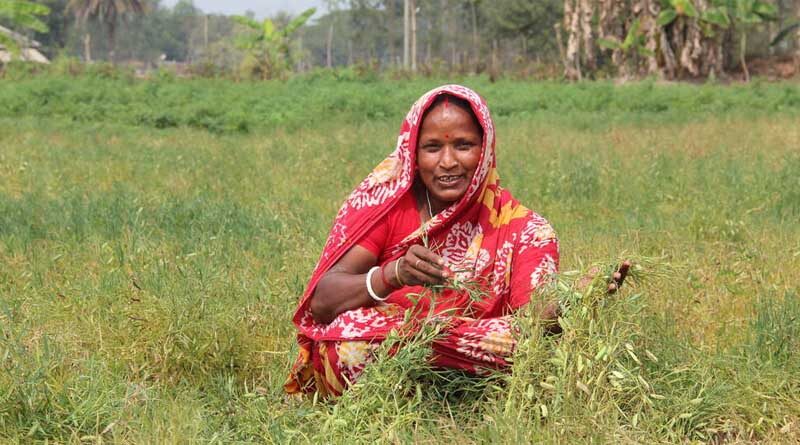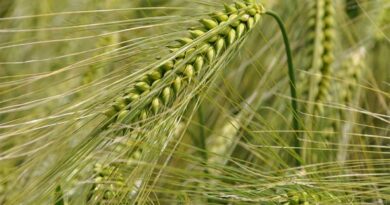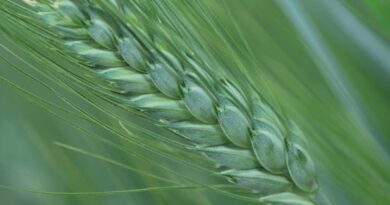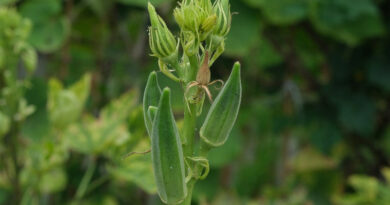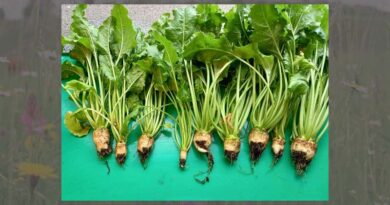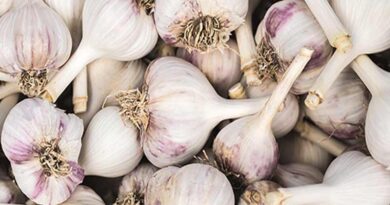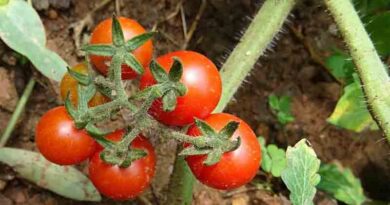Wild relatives add significant agronomic improvement and disease resistance to lentils
16 March 2023, New Delhi: In the face of declining biodiversity, it is necessary to widen the genetic base of food crops. Wild relatives can play a key role in introgressing novel genetic variation in the cultivated gene pool of major pulses — to go beyond the repeated use of a narrow range of parents and their derivatives in crop improvement programs.
A new study analyzes the introduction of two wild lentil taxa, Lens culinaris ssp. orientalis and Lens ervoides into the backgrounds of cultivated varieties. The resulting interspecific derivatives were evaluated at two locations in India by scientists from the National Bureau of Plant Genetic Resources (NBPGR), International Center for Agricultural Research in the Dry Areas (ICARDA), and Sher-e-Kashmir University of Agricultural Sciences and Technology (SKUAST).
Researchers identified two lines as the most promising ones based on their agronomic potential and resistance against major biotic stresses. “Jammu Lentil 144” and “Jammu Lentil 71” yielded 16.65% and 9.40% more seed than check varieties and showed shorter maturity times by 25 and 15 days, respectively.
As for pests and diseases, these two interspecific derivatives are sufficiently resistant to fusarium wilt and root rot. “Jammu Lentil 71” is also resistant to pod borer and aphid infestations.
Another interesting trait observed was the higher number of pods per plant, which will be useful for hybridization — to achieve higher yields — and to broaden the genetic base in further crop breeding.
Because of their adaptability and suitability, “Jammu Lentil 144” and “Jammu Lentil 71” are identified for commercial cultivation in the rainfed region of Jammu, in northern India. Farmers will benefit from their climate-smart qualities: early maturity, high yield, and disease resistance.
The study “Evaluation and identification of advanced lentil interspecific derivatives resulted in the development of early maturing, high yielding, and disease-resistant cultivars under Indian agroecological conditions” was published in Frontiers in Plant Science.
Also Read: Tendovo soybean herbicide from Syngenta earns rave reviews during first season of use
(For Latest Agriculture News & Updates, follow Krishak Jagat on Google News)

